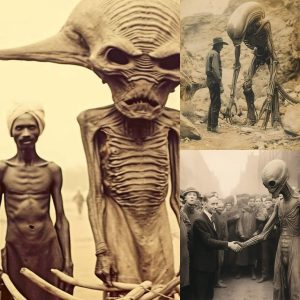A quartet of cheetah cubs are preparing to make their first public appearance at Longleat later this month.
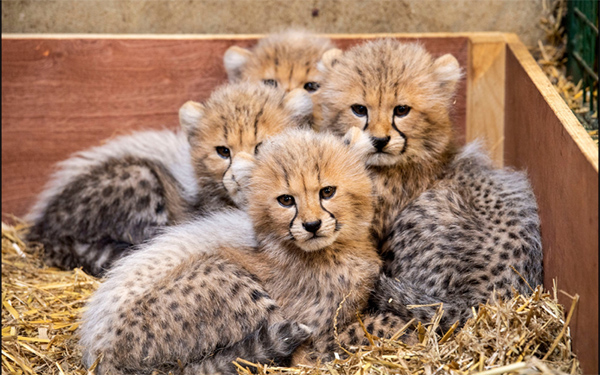
The quartet, which were born in August, are all being cared for by their mum Wilma and making excellent progress.
This is the largest number of cubs ever raised at Longleat, and one of the biggest litters successfully reared in the UK in recent years.
“We’re absolutely delighted with how well Wilma and the cubs are getting on,” said head carnivore keeper Amy Waller.
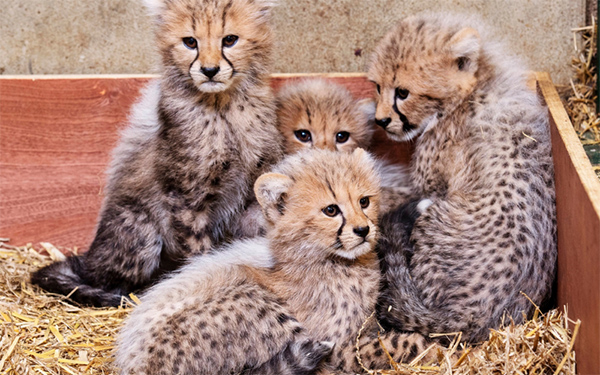
“Last year we were forced to intervene when a previous cub, named Xena, was apparently abandoned by Wilma and so we were obviously a little worried this time; particularly as there were four cubs.
“However she has been an absolutely first class parent and all of the cubs are putting on weight and starting to explore their surroundings.
“If all goes according to plan we are hoping to start introducing their older sister Xena, who we have been hand rearing, back into the group,” she added.
These are the seventh cubs for mum Wilma and dad Carl. The first, Poppy and Winston, who were born in 2016.
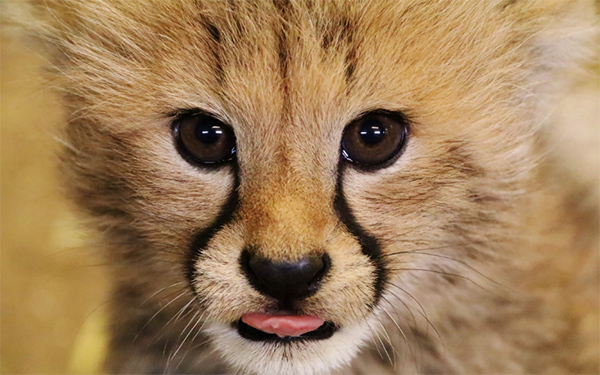
“Both parents have very valuable genetics within the European Endangered Species Programme population as they came to us from a captive breeding population in Pretoria, South Africa,” said Amy.
“This means their cubs, are also genetically distinct from the vast majority of the cheetah within Europe, which means they are even more important,” she added.
Cubs Poppy and Winston have now both moved to other wildlife collections as part of the breeding programme.
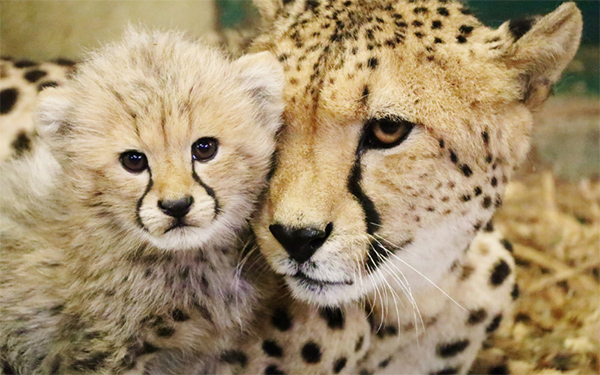
Cheetahs are the world’s quickest land animals; capable of top speeds of 71 miles per hour. While running they can cover four strides in a second with each stride measuring up to eight metres.
In the wild more than two in every three cheetah cubs die during the first two months of their life, most of them fall prey to lions, leopards and hyenas.
The cheetah is officially classified as ‘Vulnerable’ on the International Union for Conservation of Nature Red List of Threatened Species which means it is likely to become ‘Endangered’ unless the circumstances threatening its survival and reproduction improve.





